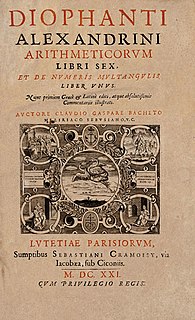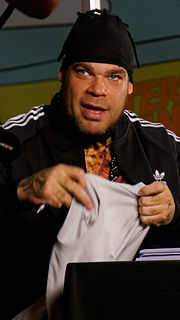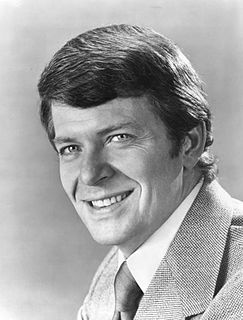A Quote by Edward Bulwer-Lytton, 1st Baron Lytton
There is a world of science necessary in choosing books. I have known some people in great sorrow fly to a novel, or the last light book in fashion. One might as well take a rose-draught for the plague! Light reading does not do when the heart is really heavy. I am told that Goethe, when he lost his son, took to study a science that was new to him. Ah! Goethe was a physician who knew what he was about.
Related Quotes
The sun had, in the meanwhile, sunk behind the Ettersberg. We felt in the wood the chill of the evening, and drove all the quicker to Wiemar, and to Goethe's house. Goethe urged me to go in with him for a while, and I did so. He was in an extremely engaging mood. He talked a great deal about his theory of colors, and of his obstinate opponents; remarking that he was sure that he had done something in this science.
Goethe died in 1832. As you know, Goethe was very active in science. In fact, he did some very good scientific work in plant morphology and mineralogy. But he was quite bitter at the way in which many scientists refused to grant him a hearing because he was a poet and therefore, they felt, he couldn't be serious.
I have boys, and boys are particularly resistant to reading books. I had some success recently with Sherman Alexie's great young adult novel 'The Absolutely True Diary Of A Part-Time Indian.' I told my son it was highly inappropriate for him and one of the most banned books in America. That got his attention, and he raced through it.
You boys know what tropism is, it's what makes a plant grow toward the light. Everything aspires to the light. You don't have to chase down a fly to get rid of it - you just darken the room, leave a crack of light in a window, and out he goes. Works every time. We all have that instinct, that aspiration. Science can't dim that. All science can do is turn out the false lights so the true light can get us home.
His epitaph: This tomb hold Diophantus, Ah, what a marvel! And the tomb tells scientifically the measure of his life. God vouchsafed that he should be a boy for the sixth part of his life; when a twelfth was added, his cheeks acquired a beard; He kindled for him the light of marriage after a seventh, and in the fifth year after his marriage He granted him a son. Alas! late-begotten and miserable child, when he had reached the measure of half his father's life, the chill grave took him. After consoling his grief by this science of numbers for four years, he reached the end of his life.
But I have a problem with the term 'light'. I never in my life knew what to do with that. I know that people have mentioned on some occasions that 'Richter is all about light', and that 'the paintings have a special light', and I never knew what they were talking about. I was never interested in light. Light is there and you turn it on or you turn it off, with sun or without sun. I don't know what the 'problematic of light' is. I take it as a metaphor for a different quality, which is similarly difficult to describe. Good.
Science is being daily more and more personified and anthromorphized into a god. By and by they will say that science took our nature upon him, and sent down his only begotten son, Charles Darwin, or Huxley, into the world so that those who believe in him, &c.; and they will burn people for saying that science, after all, is only an expression for our ignorance of our own ignorance.
The phenomena in these exhausted tubes reveal to physical science a new world-a world where matter may exist in a fourth state, where the corpuscular theory of light may be true, and where light does not always move in straight lines, but where we can never enter, and with which we must be content to observe and experiment from the outside.
I will trust Him. Whatever, wherever I am, I can never be thrown away. If I am in sickness, my sickness may serve Him; in perplexity, my perplexity may serve Him; if I am in sorrow, my sorrow may serve Him. My sickness, or perplexity, or sorrow may be necessary causes of some great end, which is quite beyond us. He does nothing in vain.





































